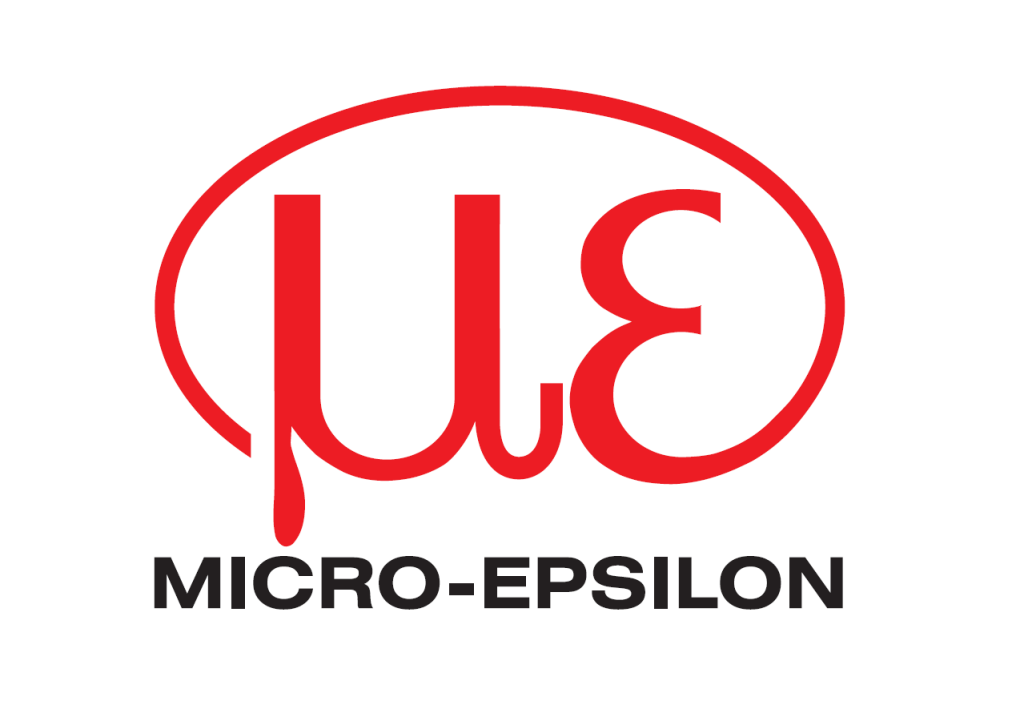Farrokh Ayazi is the Ken Byers Professor in Microsystems in the School of Electrical and Computer Engineering at the Georgia Institute of Technology. He received the B.S. degree from the University of Tehran, in 1994, and the M.S. and Ph.D. degrees from the University of Michigan, Ann Arbor, in 1997 and 2000, respectively, all in electrical engineering. His main research interest is in the design of integrated Micro/Nano-Electro-Mechanical-Systems, with a focus on high-Q acoustic resonators and advanced inertial sensors. This has resulted in over 250 refereed publications, and 55 patents. Dr. Ayazi is an editor of the IEEE Transactions on Electron Devices, Elsevier Sensors & Actuators: A. Physical Journal, and a past editor of the IEEE/ASME Journal of Microelectromechanical Systems. He was the general chair of the 2014 IEEE Micro-Electro-Mechanical-Systems conference. Dr. Ayazi was the co-founder and CTO of Qualtré, a spin-out of his research laboratory that commercialized bulk-acoustic-wave silicon gyroscopes for high precision applications, and which was acquired by Panasonic in 2016.
Presentation Type: Keynote
David Blaauw is the Kensall D. Wise Collegiate Professor in Electrical Engineering and Computer Science at the University of Michigan. His research focus is on VLSI circuit design, with particular emphasis on the design of ultra-low power and high performance design for miniature sensor nodes. This has resulted in over 550 papers and 60 patents. Before joining the University of Michigan in 2001, he worked for Motorola, Inc. in Austin, TX, where he was the manager of the High Performance Design Technology group. He received his B.S. in Physics and Computer Science from Duke University in 1986, and his Ph.D. in Computer Science from the University of Illinois, Urbana, in 1991. David was the Technical Program Chair and General Chair for the International Symposium on Low Power Electronic and Design. He is an IEEE Fellow, a member of the ISSCC Technical Program Committee and the director of the Michigan Integrated Circuits Laboratory.
Alessandro Caspani received his M.Sc. in Electrical Engineering and Ph.d. in Information Technology from Politecnico di Milano, Milano, Italy, in 2011 and 2014 respectively. Since 2015 he is working at Infineon Technologies as concept engineer. His field of experience includes integrated electronics for MEMS technologies in acoustic and environmental sensing with focus on low-power applications.
Gael F. Close received a B.Sc. (Eng.) in Electrical Engineering from the University of Liège, Liège, Belgium, in 2003 and M.S. and Ph.D. degrees in Electrical Engineering from Stanford University, in 2004 and 2008, respectively. From 2008 to 2011, he was with IBM Research, Zurich, Switzerland, developing phase-change memory chips. Since 2011, he has been with Melexis, Switzerland. As a Senior System Engineer, he led the technical development of the magnetic sensor product line. He has some 30 peer-reviewed publications about nano-electronic devices, circuit/system design, and sensor product development. He holds 1 patent, and is an IASCC Six Sigma Black Belt (2017).
Bart Dierickx obtained an MSc from the KU Leuven, in 1983, and then a PhD, in 1990, both in Electrical Engineering. Starting as a CCD designer at the KU Leuven/ESAT, he then moved to IMEC in 1984, where he started working on CMOS image sensors. Apart from the working on image sensors, he has also done research on deep-cryogenic electronics, 1/f and RTS noise, and radiation hardness. In 2000, be founded FillFactory and became its CTO. In 2006 he founded Caeleste and has been its CTO ever since. He is the author of 150+ papers and holds 40+ patents in the image sensor domain.
Nick Van Helleputte received the MS degree in Electrical Engineering in 2004 from the Katholieke Universiteit Leuven, Belgium. He received his Ph.D. degree from the same institute in 2009 (MICAS research group). His PhD research focused on low-power ultra-wide-band analog front-end receivers for ranging applications. He joined imec in 2009 as an Analog R&D Design Engineer. He is currently R&D manager of the Connected Health Solutions group. His research focus is on ultra-low-power circuits for biomedical applications. This has led to over 50 peer-reviewed papers, and to the design of several analog and mixed-signal ASICs that have been used in commercially-available wearable and implantable healthcare applications. He is an IEEE member and has served on the technical program committees of the VLSI circuits symposium and ISSCC.
Patrick Mercier is an Associate Professor of Electrical and Computer Engineering and co-founder/co-director of the Center for Wearable Sensors at UC San Diego. He received his B.Sc. degree from the University of Alberta, in 2006, and the S.M. and Ph.D. degrees from MIT in 2008 and 2012, respectively. His research interests include the design of energy-efficient mixed-signal systems, RF circuits, power converters, and sensor interfaces for wearable, medical, and mobile applications. This has led to over 110 peer-reviewed papers and two co-edited books. He has received numerous awards, including the 2010 ISSCC Jack Kilby Award for best paper. He is an Associate Editor of the IEEE Transactions on Biomedical Circuits and Systems and the IEEE Solid-State Circuits Letters, and is a member of the ISSCC, CICC, and VLSI Technical Program Committees.
Michiel A. P. Pertijs received the M.Sc. and Ph.D. degrees in electrical engineering (both cum laude) from Delft University of Technology, Delft, The Netherlands, in 2000 and 2005, respectively. From 2005 to 2008, he was with National Semiconductor, Delft, where he designed precision operational amplifiers and instrumentation amplifiers. From 2008 to 2009, he was a Senior Researcher with imec / Holst Centre, Eindhoven, The Netherlands. In 2009, he joined the Electronic Instrumentation Laboratory of Delft University of Technology, where
he is now an Associate Professor. He heads a research group focusing on integrated circuits for smart ultrasound devices. He has authored or co-authored two books, four book chapters, 15 patents, and over 120 technical papers. Dr. Pertijs served as an Associate Editor of the
IEEE Journal of Solid-State Circuits (JSSC). He is a member of the technical program committee of the European Solid-State Circuits Conference (ESSCIRC), and also served on the program committees of the International Solid-State Circuits Conference (ISSCC) and the
IEEE Sensors Conference. He has received several awards, including the ISSCC 2005 Jack Kilby Award and the JSSC 2005 Best Paper Award. In 2014, he was elected Best Teacher of the EE program at Delft University of Technology.
Martijn Snoeij received his M.Sc. degree and Ph.D degree from Delft University (The Netherlands) in 2001 and 2007, respectively. In 2007, he joined Texas Instruments in Germany where he is a senior analog circuit designer. He has worked on a range of precision analog IC designs that include a precision fluxgate magnetic sensor, CMOS analog sensor front-ends, chopper-stabilized instrumentation amplifiers as well as bipolar amplifiers with JFET inputs. He also has been actively involved in IC process development for precision circuitry and sensors. Dr. Snoeij has authored or co-authored 18 IEEE papers and holds 12 patents.
Kamran Souri received his M.Sc. (cum laude) and Ph.D. from the Electrical Instrumentation Laboratory, Delft University of Technology, in 2009 and 2016, respectively. In 2014 he joined SiTime Corp., Santa Clara, CA, USA, where he worked on the design of MEMS-based frequency references. In 2017, Dr. Souri started SiTime’s design center in Delft, where he is currently the Director of Circuit Design Engineering. His research interests include the design of low-power, energy-efficient sensor interfaces, data converters and precision analog circuits. He has authored or co-authored over 20 peer-reviewed scientific papers, one book, and holds several U.S. patents. For his Ph.D. research, Dr. Souri was awarded the IEEE Solid-State Circuits Society Pre-doctoral Achievement Award, in 2013.

















